
Startup in Luxembourg: relocation for entrepreneurs and ecosystem for innovative business in 2025
Thinking to start a company in Luxembourg? Read everything about it in this article, from residency and relocation to support options and local business etiquette.
Luxembourg has grown beyond its status as a banking powerhouse and is aiming to become a Silicon Valley of Europe. Today, it offers a vibrant environment for startups with a supportive ecosystem, favorable tax regulations, and strategic geographical location to expand to the markets of Belgium, France, Germany and more. If you're an entrepreneur considering starting your venture in Luxembourg, this article will tell you where to put your leg and how to start.
Why is Luxembourg great for startups
Located in the center of Europe, Luxembourg offers many advantages. As a multilingual country, Luxembourgish, French and German are the official languages and English is very commonly spoken, it is a perfect place to set up an international business environment.
Fast development
In less than 20 years, Luxembourg developed itself as a leading place for innovative, fast developing international startups, with stimulating regulations which support the business ideas of startups.
Luxembourg’s economy is very well connected within the EU and globally. Europe’s main consumer markets (France and Germany) are close as both countries border with Luxembourg: 60% of the EU’s GDP can be reached by transport in one day. The airport is a main cargo hub in the global network with more than 100 direct destinations available.
In the latest years the tax system in Luxembourg has been updated significantly. Due to pressure from the EU, the banking secrecy has been removed, and other policies to share more information automatically according to international standards (OECD) have been implemented. Nevertheless, Luxembourg still has a tax system that is set up in a progressive way. It is called Company Income Tax (CIT). Depending on the fact if the company’s headquarter is located in Luxembourg, the company is either a “resident” company or a “non-resident company”.
Progressive tax scale in Luxembourg
The first 12,438 euros you earn are free of taxes. There are 23 scales, the lowest is 8% and the highest is 42%. You can find the table with scales of the tax rates.
In this digital era it is mandatory for a high-tech company to be located in an area with a solid, well maintained digital infrastructure. Luxembourg is a place where the digital infrastructure is taken seriously, not only regarding bandwidth and speed of the internet connections, but also regarding cybersecurity and availability of high-end data-centers. The government’s commitment and knowledge of cybersecurity has made the country one of the centers of expertise, both in Europe and the world. The Grand Duchy is already for years an early adopter of new and cutting edge technology, and committed to offer a strong and reliable digital platform to startups and existing companies.
HPC available for startups
Lately the infrastructure has been expanded with MeluXina, an unique business-oriented high performance computer (HPC). 65% of MeluXina’s capacity will be available to Luxembourg startups and existing companies.
Considering the effort of Luxembourg to stay on top of cutting edge technology, it guarantees the best environment for startups and companies expanding to Luxembourg.
Besides being a very good location for startups, Luxembourg is also a very nice place to live. Many large companies are attracted by Luxembourg’s flexible and attractive legal framework and business-friendly policies. The governmental departments and its officials are easy to approach, the current political situation with forward thinking politicians can be a great benefit to companies that are exploring the opportunities to start or relocate existing activities. The government has implemented some very attractive public funding programs such as:
- Person funding through the AFR,
- ATTRACT,
- Industrial Fellowships,
- PEAR and KITS,
- BRIDGES,
- CORE,
- INTER Mobility,
- OPEN and others.
Take a train
An extra advantage for people moving to Luxembourg, is the fact that they can easily explore the rest of Europe due to its central location. Places like Paris, Amsterdam, Brussels, Frankfurt and the Alps are not far away.
Luxembourg is usually in the top of rankings about the quality of life. Common in the mentioned rankings are the topics about the number of paid vacation days, healthcare, extensive paternity leave, affordable childcare, and education.
Running a business in Luxembourg requires precision in paperwork. EasyBiz takes care of the accounting, taxes and administrative tasks so you can focus on growing your business.
Thinking of starting or moving your business to Luxembourg?
Let local experts handle your accounting and incorporation—fast, online, and hassle-free.
Local startup ecosystem — hubs, incubators and accelerators
The Luxembourg startup ecosystem provides complete and reliable support to aspiring entrepreneurs from different countries at any stage of startup development: from the pre-seed stage (a business idea) to seed and growth (financing and launching). The entry to the startup stage in the country is usually done with the support of one of the players in the ecosystem. It is important to establish a communication and be a resident of the incubator or support program in Luxembourg before applying the documents, especially if your startup is at a pre-seed stage, this can help with the documents.
In 2023, the Luxembourg startup ecosystem showed great results according to the Global Startup Ecosystem Index. Luxembourg has reached the 34th position in the global top 40 nations, advancing 6 steps. In Western Europe, Luxembourg City rose 18 places to become the 30th best city for startups. This is just another confirmation of the brilliant future for the Luxembourg startup ecosystem.

Fit4start program in Luxembourg
The Fit4start program is an opportunity for innovative startups from any country in the world to receive solid financial support up to 150,000 euros, get free access to coworking space and meet potential partners and investors.
Over the course of 6 months, program participants undergo intensive training under the guidance of experienced coaches. Classes are conducted both in groups and individually, taking into account the characteristics of a particular startup. An additional bonus of the program is regular consultations with members of the Fit 4 Start jury, which includes well-known entrepreneurs, business experts and investors.
Fit 4 Start is designed for innovative digital companies in the fields
- FinTech and RegTech,
- Logistics & Supply chains,
- Industry 4.0 & Manufacturing,
- CleanTech,
- EcoTech & Energy,
- Cybersecurity,
- HealthTech,
- Space ventures.
The program provides startups with all the necessary support and tools needed to increase their chances of successfully entering the market not only in Luxembourg, but also in other EU countries.
In total, more than 145 startups from 90 countries around the world have been trained in the Fit 4 Start program to date.

Alex Pospekhov, entrepreneur and co-founder of MissionSpace


Deadlines for application
Applications for participation are usually accepted in the summer, from late June to mid-August. Pitching sessions are held in September and October, followed by the selection of the 20 participants. The program itself starts in mid-January.
Government startup support, other incubators and accelerators
The big advantage is that startups in Luxembourg can receive support not only from private investors but also from institutional organisations. The Grand Duchy offers aspiring entrepreneurs a wide range of programs, incubators and accelerators in different areas. Like the Fit4start program, that we have previously mentioned, these incubators and programs offer financial support to the projects in Luxembourg.
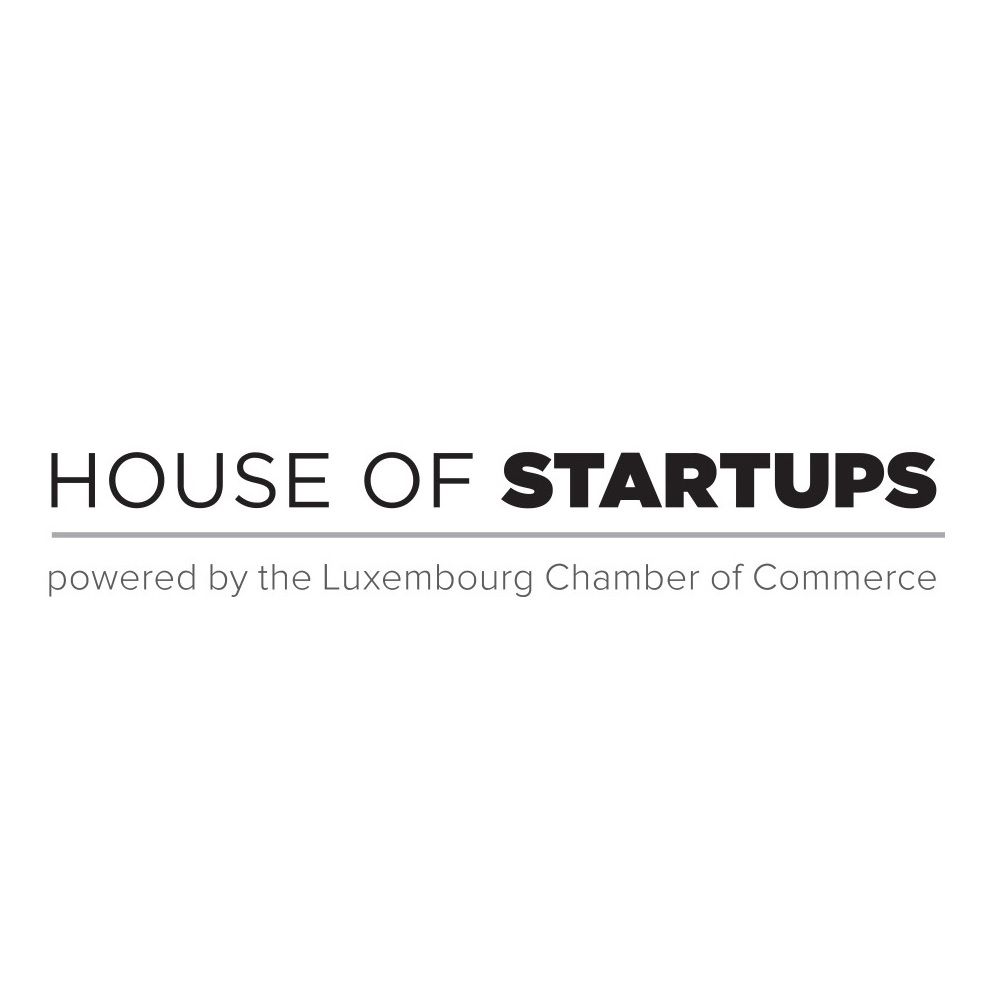
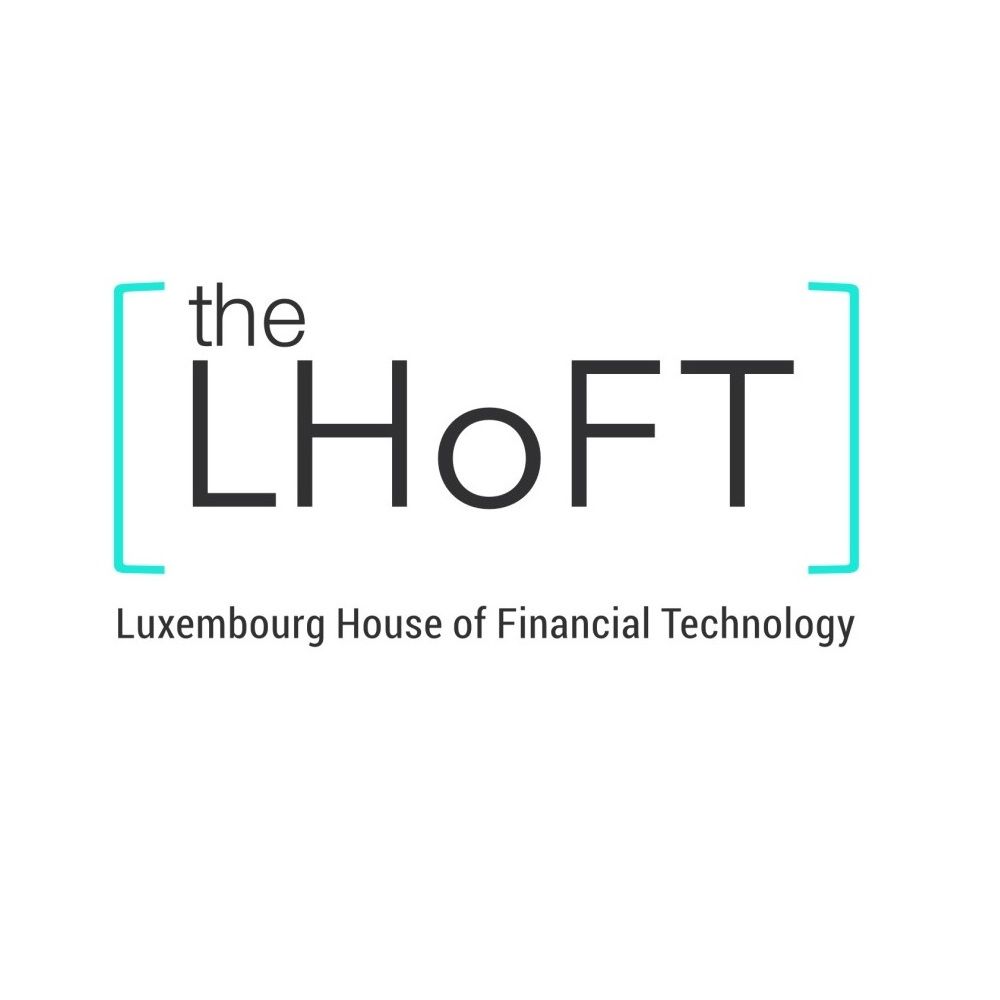
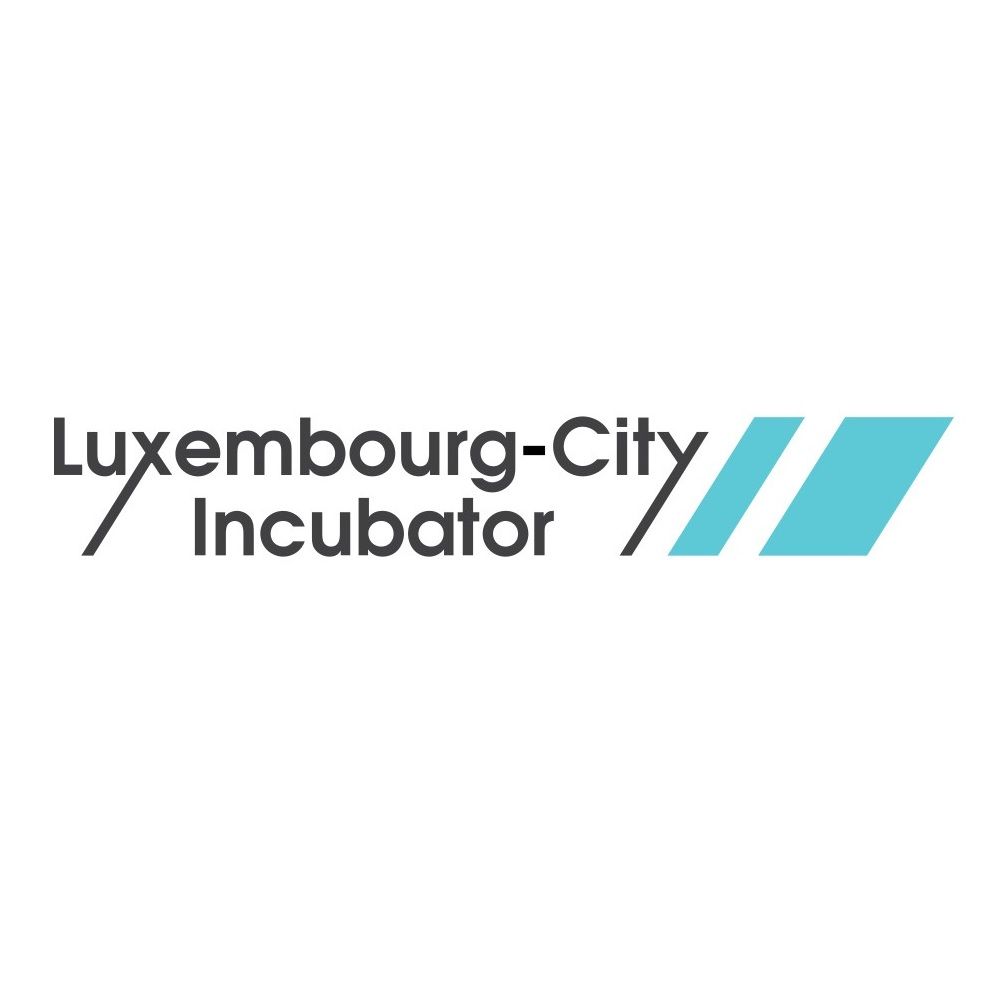
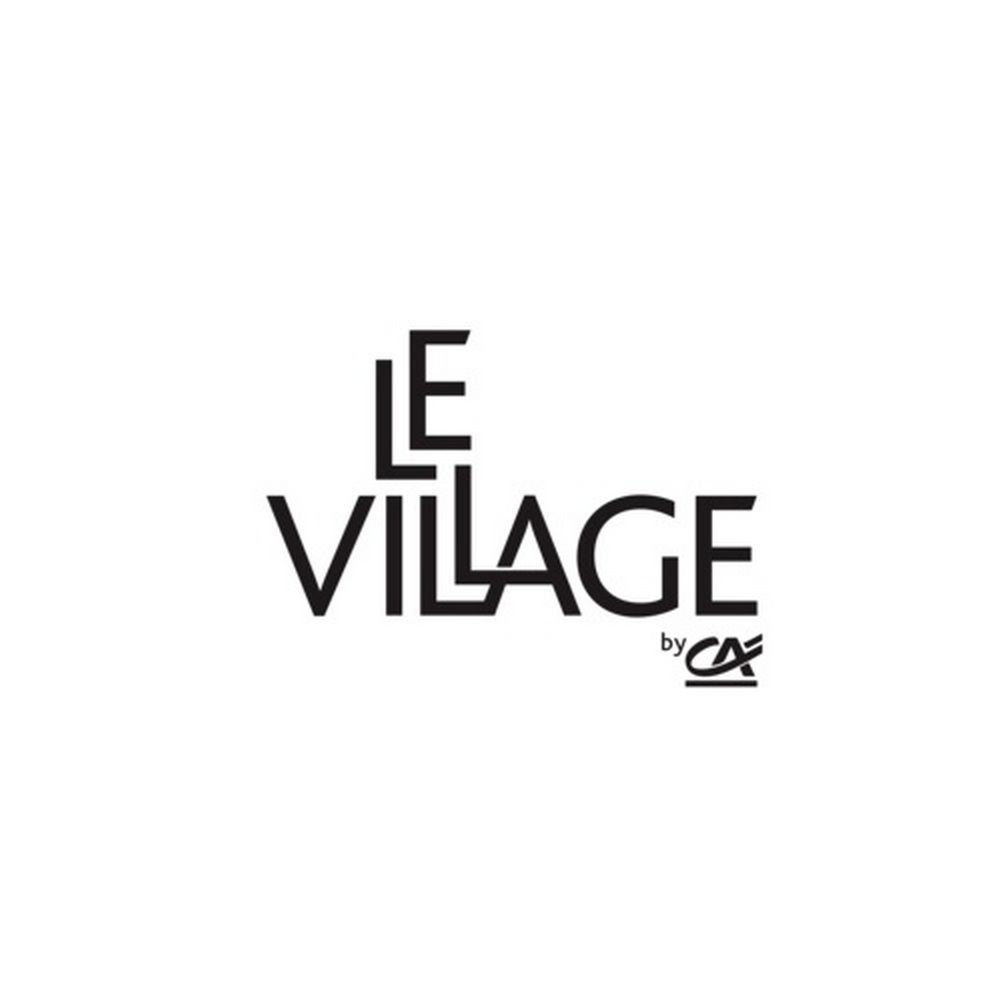

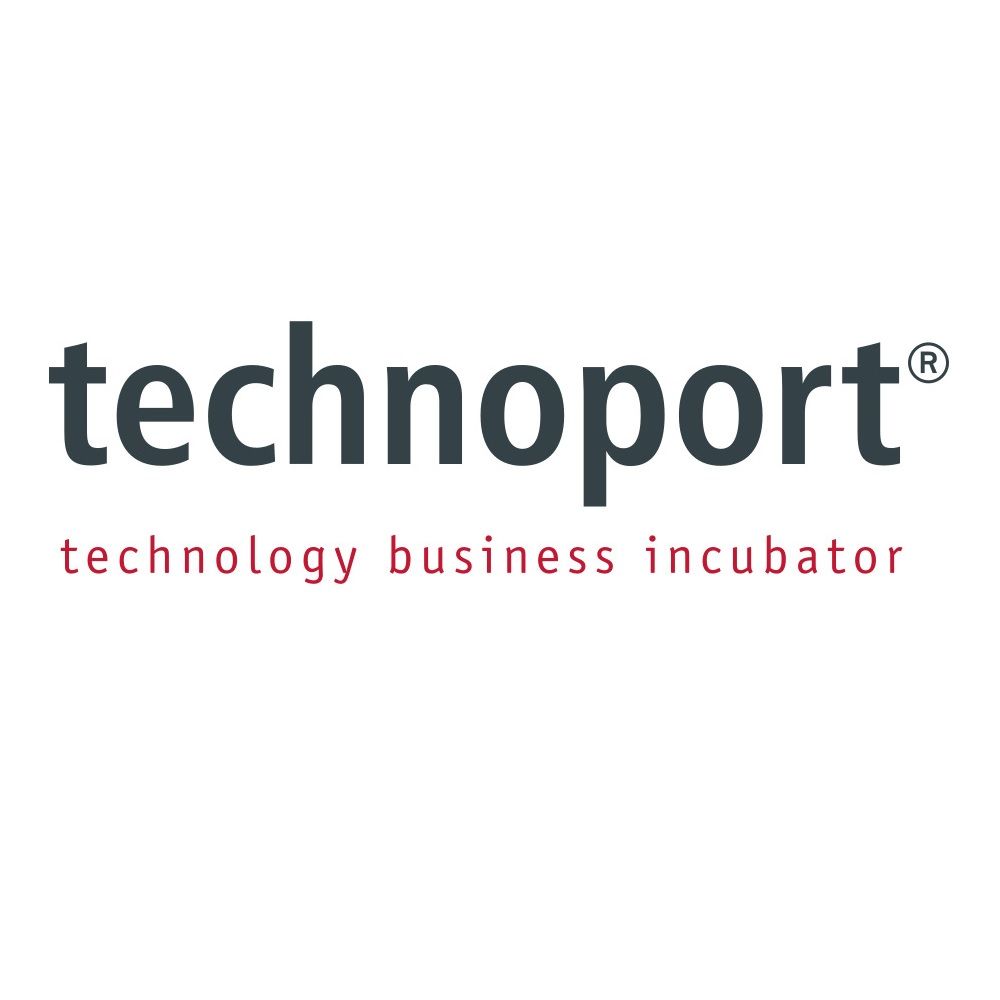
Accredited incubators and ecosystem players
Take a look at the complete list of incubators and accelerators available in the Luxembourg startup ecosystem on the page of StartupLuxembourg.
Startup visa and business permit for entrepreneurs
To be able to start a company and to live in Luxembourg, the government should acknowledge that you are allowed to enter the country and settle down. For that you will not only need to apply for a business permit to have access to the commercial activity, but to also register the company and apply for a residency.
No startup visa for startup founders!
Luxembourg doesn't currently offer a dedicated startup visa. Instead, aspiring foreign entrepreneurs from outside the EU, Iceland, Norway, Liechtenstein, and Switzerland should apply for a visa for independent workers (travailleur indépendant). This visa functions similarly to a startup visa, allowing you to live and work in Luxembourg to launch your business.
As an EU citizen you are allowed to begin a startup in Luxembourg under the following conditions:
- Enough resources to ensure that they and their family hold valid health insurance and are not dependent on the welfare system.
- In case you study, you have to be registered with an approved educational institute in Luxembourg, with intention to follow a full-time educational or professional course.
- Nationals of an EU Member State or a country which is regarded as such, must have a valid national identity card or passport.
As a national from a non-EU country, there are several options to get a visa or residence permit for Luxembourg. The first steps are the same for all visas.
Before you come to Luxembourg:
- Apply for a temporary authorisation to stay based on your valid passport,
- Apply for a type D visa.
After you arrive in Luxembourg:
- Make a declaration of arrival,
- Undergo the required medical checks,
- Pay the administration fee of €80.
Each visa has its specific requirements and some additional steps for the application procedure to fulfil. For applying to any kind of visa, a passport valid till 3 months after the visa is expired, is required.
Visa for a self-employed worker of a third country nationality
If the goal is to start a new company using all the advantages of Luxembourg startups, the visa for a self-employed person would be the best option. Read more in our dedicated guide that will lead you through all the necessary steps of becoming a self-employed person in Luxembourg.
After the common steps the last step will be to apply for residence permit for self-employed nationals of a third country. The applicant has to apply in person for the authorisation to stay, but it is allowed to give a mandate to a third party to take care of the necessary procedures.
Business permit for a startup and innovative business
In Luxembourg, anyone looking to run a business, be it commercial, craft-based, or even a liberal profession, needs a business permit. The application process is the same for both self-employed individuals and companies.
- CV, qualifications and business plan
Collect the documents which show the person applying is qualified to execute the planned activity in a professional way, and when necessary can be registered in the relevant professional register in Luxembourg or the EU.
- French language and lawfulness
Make sure the documents are aligned with the requirements set by law to be able to work in the chosen industry and certain liberal professions. If you have company documents such as draft articles of association or list of stakeholders, for some types of companies, they must be notarised by a local notary.
- Proof of financial stability
Submit documents that prove you have enough resources to do the desired activity (about 20,000 euros in your account), as well as the non-bankruptcy statement. For example, in Luxembourg you can become bankrupt only once, so you need to provide an affidavit from your country of residence or any other certificate.
- Support and benefits for Luxembourg
The planned activity should provide an additional benefit, in social or cultural ways or as an economical benefit. This can be proved by association with the ecosystem players, such as incubators and programs, or in any other way.
Read more details about the business permit in Luxembourg

Relocating to Luxembourg as an entrepreneur and what to expect
With nearly half of its population born outside of Luxembourg, integration in Luxembourg can be very smooth. Although there are no strict traditions or rules, there are some nuances that you might want to pay attention to.
Luxembourg is a country with one of the best work-life balances
Employees are provided with well-paid vacation, maternity leave and even paternity leave. The minimum annual leave is 25 days. In addition, the country has 13 official public holidays, which are also non-working days.
A typical workweek is 40 hours with an eight-hour workday. Overtime on weekends and holidays is always compensated. For work on weekends, the additional payment is up to 70% of the salary, working at night – an additional 15%, and on holidays – 100% per hour.
Culture, business and social etiquette in Luxembourg






Frequently Asked Questions (FAQ)
How much money do I need to start a business in Luxembourg?
Is English widely spoken in the Luxembourg business community?
What are the main challenges faced by expat entrepreneurs in Luxembourg?
Source: www.startupluxembourg.com, www.startupluxembourg.com, luxtoday.lu, gsl.org, www.dentons.com, www.startupluxembourg.com, guichet.public.lu, mae.gouvernement.lu, guichet.public.lu, guichet.public.lu, guichet.public.lu, www.siliconluxembourg.lu, directory.startupluxembourg.com, www.startupluxembourg.com
We took photos from these sources: SpaceX for Unsplash, StartupLuxembourg